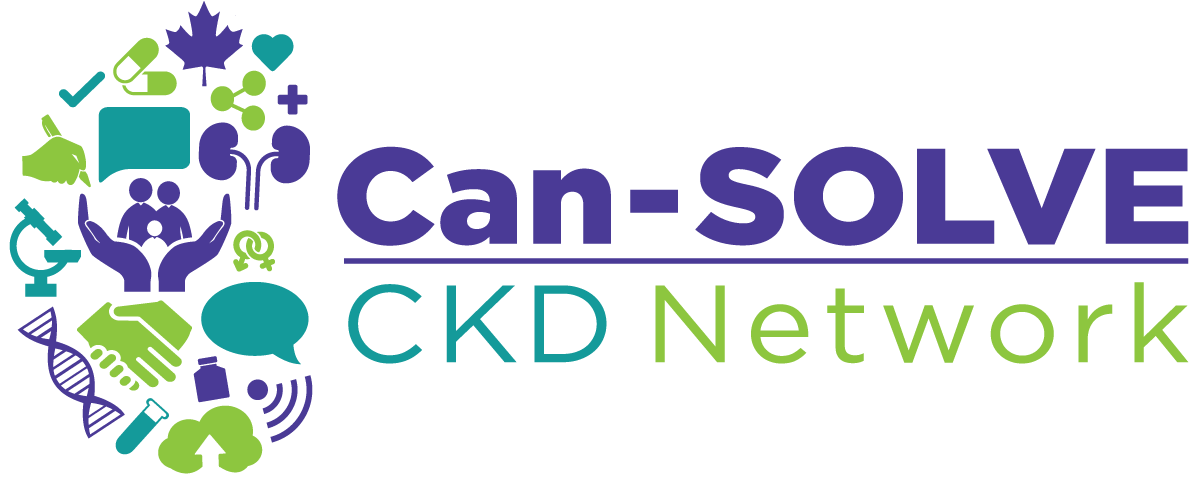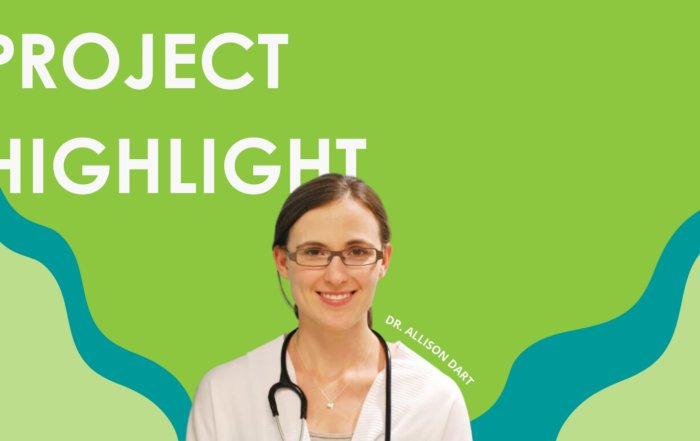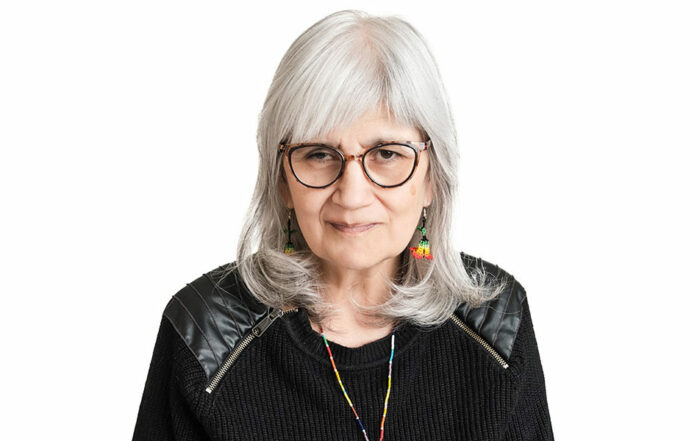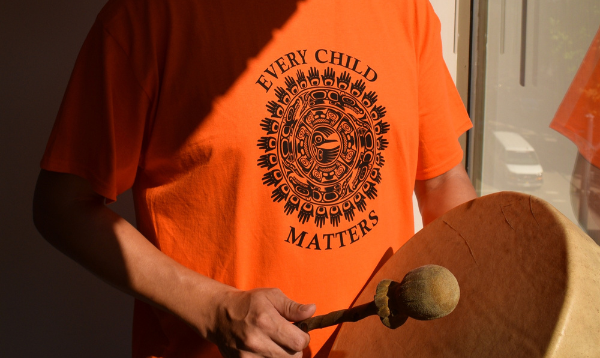
September 30, 2022
We look at three perspectives of what Truth and Reconciliation means from Indigenous and non-Indigenous voices within the Can-SOLVE CKD Network. Can-SOLVE CKD recognizes the atrocities of residential school are a shared history, and we must all work together to recognize and acknowledge this.
Truth and Reconciliation Week is the week of September 26 with National Day for Truth and Reconciliation acknowledged on September 30. As we approach these dates, it is a time to become reflective and for each individual to think about what Truth and Reconciliation means to them. We encourage network members and beyond to visit the National Centre for Truth and Reconciliation and Orange Shirt Day for more information. An excerpt from the NCTR website highlights that “National Truth and Reconciliation Day memorializes the children lost to the residential school system and honour Survivors and their families. Learning and commemorating the truth of Indigenous history from First Nations, Métis, and Inuit knowledge keepers is an important part of the path to Reconciliation. The theme this year is “Remembering the Children.”
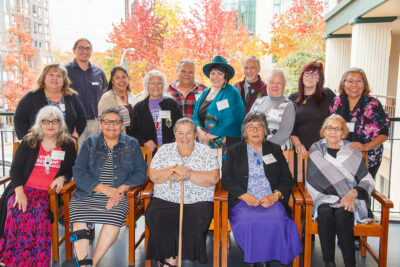
Dr. Evelyn Voyaguer (first row, second from right) and Knowledge Keepers
“Truth and Reconciliation means not only the First Nations people should be involved, I believe everyone (Indigenous and non-Indigenous people) should participate in Truth and Reconciliation because it means healing of all, healing of what happen to us and to change how we were treated,” says Dr. Evelyn Voyageur, an Indigenous health advocate and Residential School Survivor who is a member and Knowledge Keeper on the Indigenous Peoples’ Engagement and Research Council (IPERC). Dr. Voyageur currently lives in Comox, B.C. and grew up in Kingcome Inlet, B.C. apart from her time at St. Michael’s Anglican Residential School in Alert Bay, BC.
“It is important to honour this time because we lost our culture, our identity,” says Dr. Voyageur, “and we had to live like the Europeans.” Dr. Voyageur states it is important to note Indigenous peoples are still controlled by the Canadian Government through the Indian Act which mandates all aspects of Indigenous peoples including politics, education and health care.
Dr. Voyageur has an extensive career in the health care system having worked at North Island College for over 17 years, where she has brought change to the curriculum in the nursing program. She notes it is “important to build strong connections with the Indigenous communities that the nurses will serve. It is important to learn the history so we can work towards healing.”
Education is key and cultural competency is important for not only those working in health care, but the general public on their journey to Truth and Reconciliation. Truth and Reconciliation is important in the context of health research because “many Indigenous peoples are sick due to the trauma they encountered…and the trauma experienced has been passed along through from generation to generation and that cycle can be hard to break when that is all one has ever known. It is important to not only treat the symptoms but the cause of the problem.”
A novel training resource developed by IPERC called “Knowledge Keepers in Research” is a virtual guidebook that aims to create a culturally safe space for researchers, patient partners and Knowledge Keepers to come together. Dr. Voyageur is one of the Knowledge Keepers and explains why this work is so important for Truth and Reconciliation, “Knowledge Keepers are the keepers of our purpose and it is important for them to teach that to the healthcare workers and learn from them.”
Knowledge Keepers pass down the history of “how our people cared for health in our history and how it was very beneficial to our people. The importance of caring not just for physical ailment but also the spirituality and healing and prayer.”
Knowledge Keepers in Research is part of the Wabishki Bizhiko Skaanj Learning Pathway, a cultural competency education resource developed by IPERC. This pathway is an important part of the cultural competency journey of Can-SOLVE CKD Network members and others in health care and research.
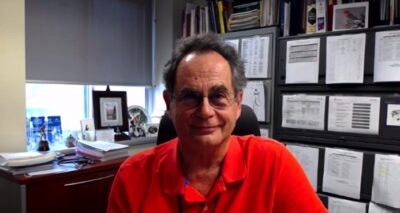
Dr. Jim Scholey
“One of the things that I felt was really powerful and illuminating was the KAIROS blanket exercise,” says Dr. James Scholey, Co-Principal Investigator of Can-SOLVE CKD. “I think it highlights an essential part of our history, and it is a vivid illustration of centuries of injustice. I think that working with Indigenous patient partners in the network has helped me understand the impact of colonialism on Indigenous peoples and Indigenous culture, a sad and deeply disturbing legacy. I appreciate the depth of emotion, as well as the longstanding trauma, and I am in a very different place today than I was six years ago. I have listened and I have learned”.
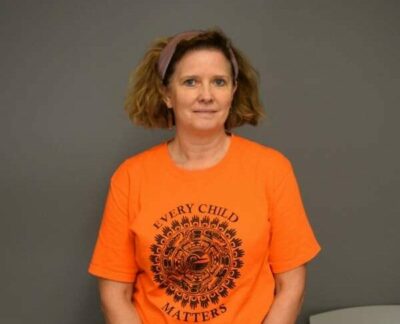
Heather Harris
“When [Can-SOLVE CKD] first got funded, I really didn’t know much about Indigenous peoples or about Truth and Reconciliation at that time,” says Heather Harris, Can-SOLVE CKD Executive Director. “So it has been a real journey of learning about things over the past six years, and if I’ve learned anything, it’s that I have a lot to learn.
“Some of the steps that I have taken have been getting to know Indigenous members of the network – patient partners, leaders, scholars, researchers – and learning about their stories and the impacts [of colonialism] on their lives. Taking some formal training like San’yas and OCAP, which I did very early on in my time with the network, and continuing to listen in on webinars whenever I can.”
Dr. Voyageur believes Orange Shirt Day is important for both Indigenous and non-Indigenous people because, “they (non-Indigenous) are really respecting and promoting that understanding of the significance of that orange shirt. My hope is that other places (across the world) will hear her story. My hope that other places will hear Phyllis’s story and help to honor it because we survived it (residential school). And we must remember and honor the graves, of over 10,000 graves discovered, and that they didn’t survive and are not able to wear the Orange Shirt.”
Dr. Voyageur is glad there is more open discussion around the legacy of residential schools and that it brings a sense of “hope.” “We are talking about residential schools,” she says, “and there is education, and we are starting to get our voice, because we didn’t have it at one time. There is hope things will change, things will get better. All the Knowledge Keepers will have their voice heard for the next generations…our children, our grandchildren will have a better life than they have today.”
Resources:
More Network Updates
Connect with us!
Subscribe to learn more about what we do, why it matters, and how you can get involved!
